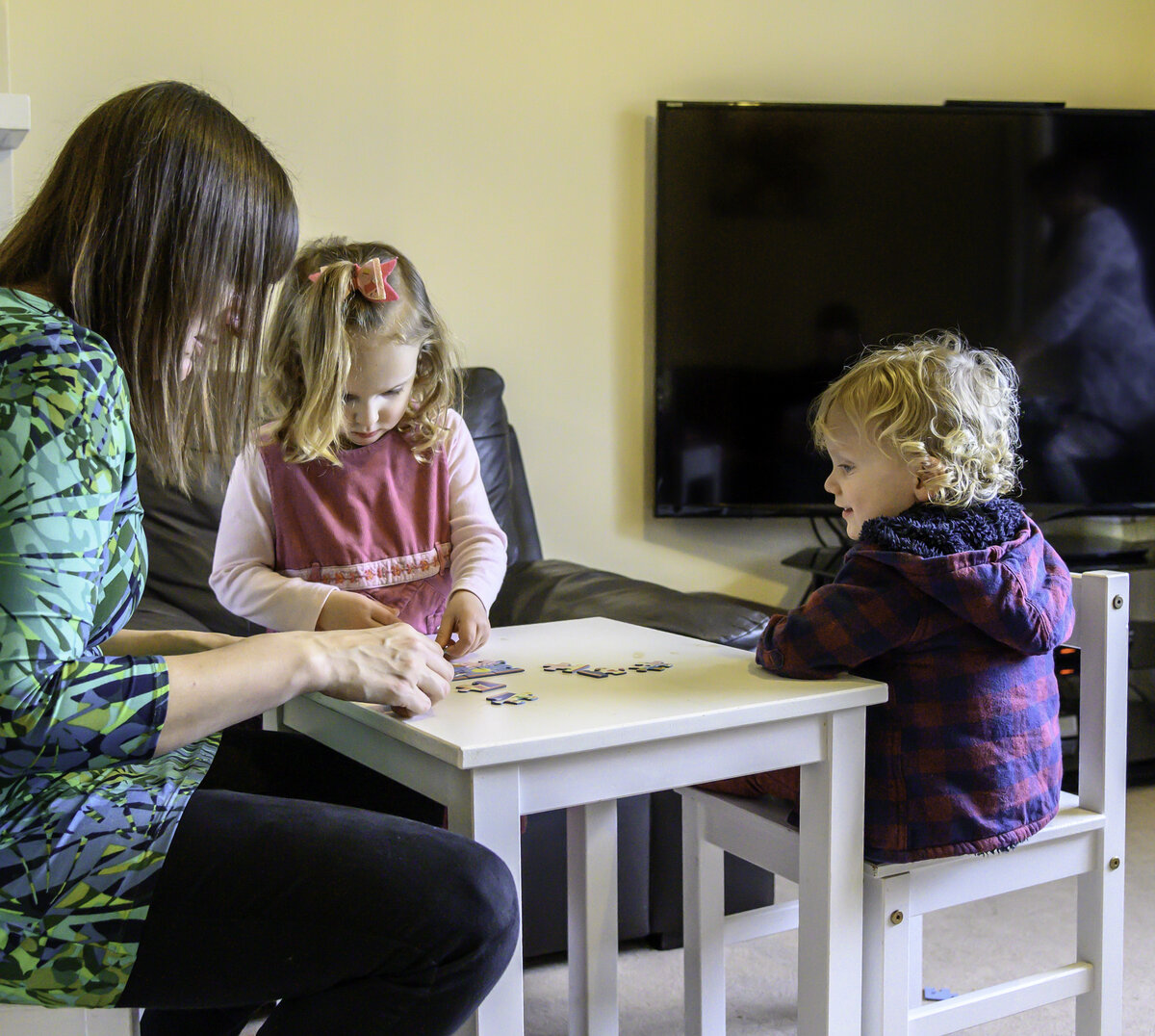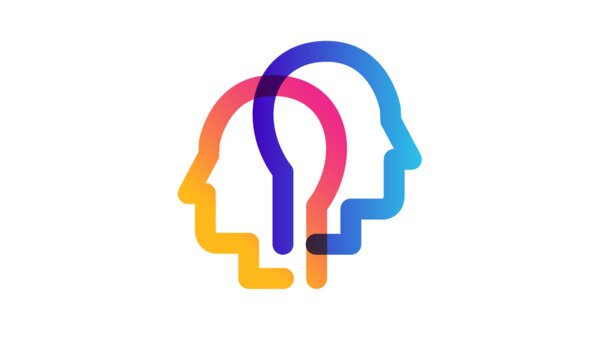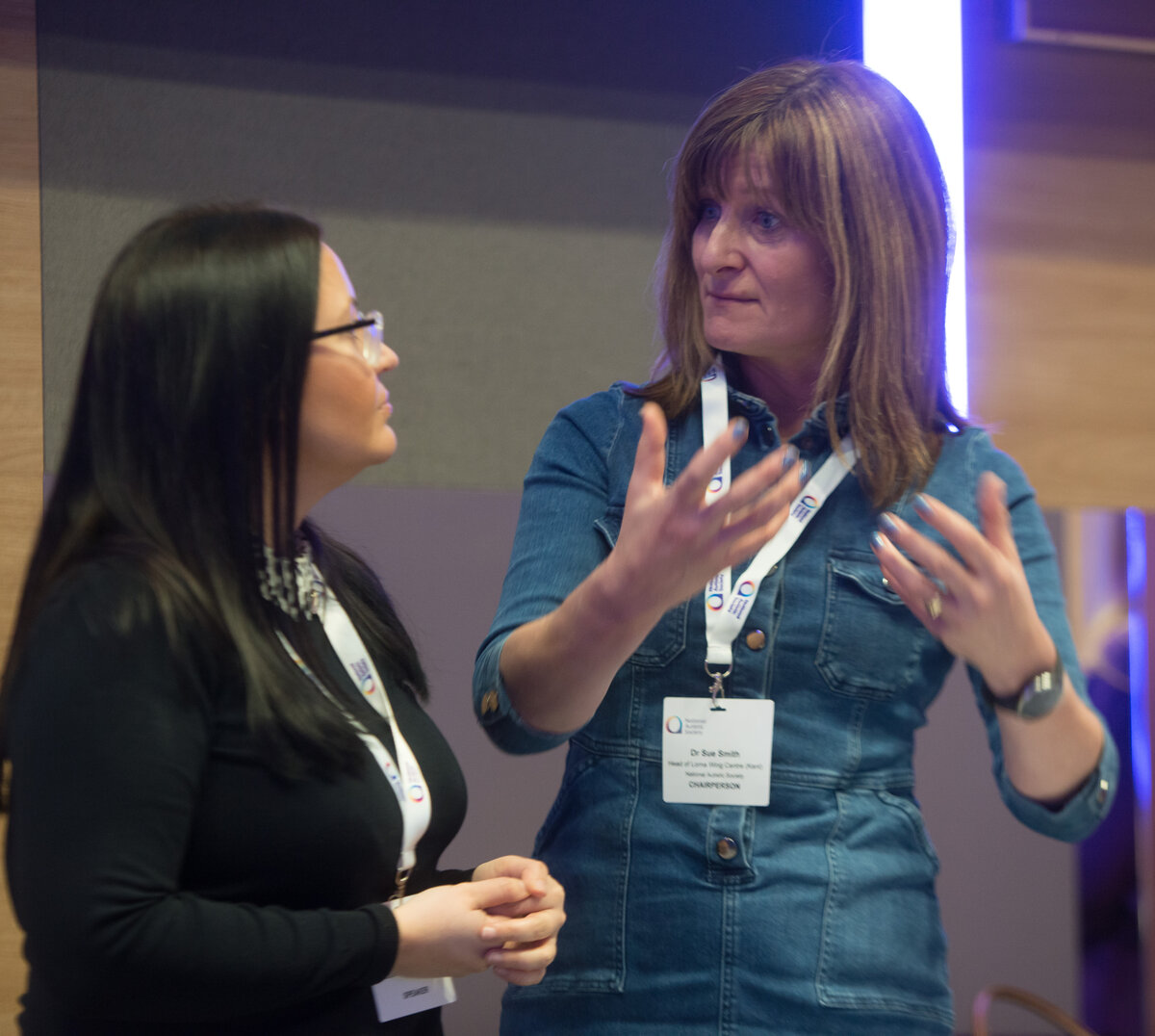Autism and mental health
Published on 20 February 2018
Author: Ella Tabb
Ella Tabb, a blogger, YouTuber and autistic speaker, discusses her mental health difficulties prior to her autism diagnoses in her 30s. She explores how unmasking and strategies such as mindfulness have helped to improve her mental health.
I am an autistic woman who was diagnosed, aged 36, after struggling with mental health issues for two decades. Receiving my autism diagnosis has been life changing for me: my self-esteem is higher and I experience less depression and anxiety.
My eldest child was diagnosed as autistic in early 2015 and it was through the process of his diagnosis that I came to consider that I might also be autistic. I received my diagnosis six months later via adult autism services.
Like many late diagnosed adult autistic women, I had spent many years receiving support from mental health services. The combination I experienced of depression, anxiety, and meltdowns caused massive disruption to my life. In fact current research suggests that as many as seven out of ten autistic people have at least one mental health condition.
In my twenties I also struggled with an eating disorder. Several studies have led to the conclusion that being autistic might be a particular risk factor for developing a restrictive eating disorder. In my case it was over exercising and restricted eating. I think that the need to find some level of control in what can seem an unpredictable and scary world leads to these kinds of issues in autistic people.
Masking
Being diagnosed as autistic is particularly difficult for women. Since I spent 15 years receiving support from mental health services and nobody ever questioned whether I might be autistic, I must have developed a very effective mask.
Masking is extremely common in autistic women and girls. I noticed my daughter, who now has a diagnosis, masking from a very young age. I also started masking as a child, using characters from film and television who I would copy because they seemed to be better at coping with social situations than me.
Whilst masking is a fairly effective way of hiding autism, long term masking is not a helpful strategy. Masking is exhausting, causing:
- low self-esteem
- increased emotional overload
- anxiety
- meltdowns.
Unmasking
It is too simplistic to ask autistic people to just stop masking. Most people mask subconsciously, and may not be aware of who they are and how they want to behave once that mask is removed.
Unmasking is a process. I started this process by firstly making an honest list of my genuine likes and dislikes. This meant throwing out the ‘should want to do’ activities such as parties, shopping, and spas, which I have always done because I thought I should. Instead I embrace my real passions of Lego, board games, and baking.
I have also started spending small periods of time trying to instinctively find my autistic self. Right now I’m doing this just at home, but long term I hope to unmask more often. So I stim, and respect my need for silence sometimes. I behave in the ways which as a teenager and young adult society told me were weird, and I’m comfortable with it. The more I unmask the better my mental health.
Strategies to improve my mental health
Since receiving my diagnosis I have been on a mission to improve my mental health. Motivated by wanting to be more stable for my family, I have seen great improvements during this time. Here are some of the strategies I use to remain stable and happy.
Firstly I took up mindfulness. Mindfulness focusses on learning to be in control of your thought processes. The aim is to be capable of more objectively viewing problems and causes of anxiety, and therefore to be able to better cope with them. It is about achieving a stillness of mind which is good for me in many ways. I feel this practice has made a significant difference to my day to day wellness.
Sensory issues were another cause of anxiety for me. I experience difficulty with noise, touch and texture. I would recommend examining what your sensory needs are and developing a sensory diet and toolkit to meet those needs.
For me this means ear plugs for busy, noisy places. I use fiddle toys and chew jewellery when I’m anxious. Sensory lighting in my bedroom gives me a great relaxation space when I need time out. In addition I have been honest with those around me about my needs regarding touch and food. This means I am challenged less often in these areas and therefore my anxiety is reduced.
I also use energy accounting to manage my anxiety and reduce overload. Energy accounting means balancing energy draining activities with restorative activities and rest. It’s finding the balance so that you do not become overloaded by the demands of life.
For me this means never scheduling anything without first considering what else is happening that day, week and month. Making sure I have time to rest and engage in my special interests so that I don’t become overloaded. It takes discipline but it is absolutely worth it because I feel more in control of myself and my life.
Now my mental health is much better, and I would say that discipline and finding strategies that have become part of my day to day life have helped me to achieve this.













